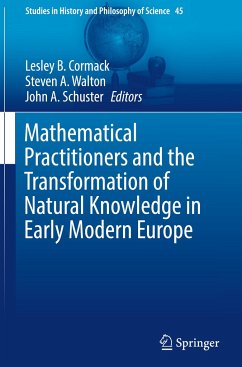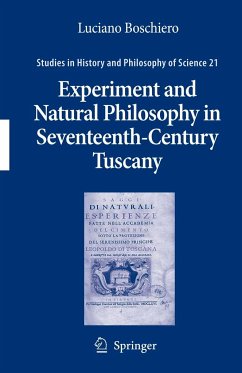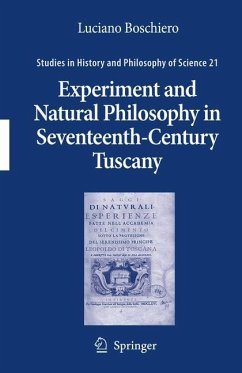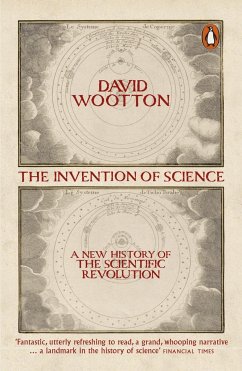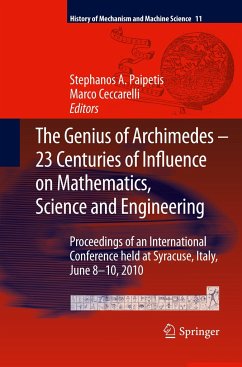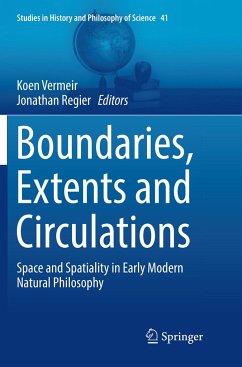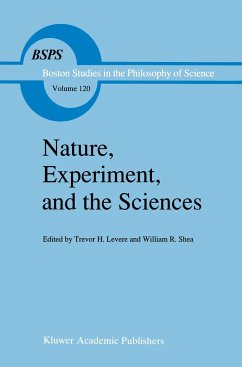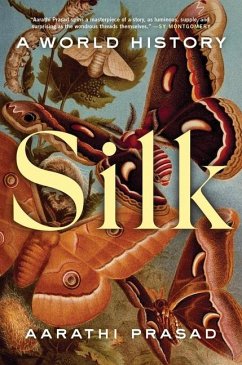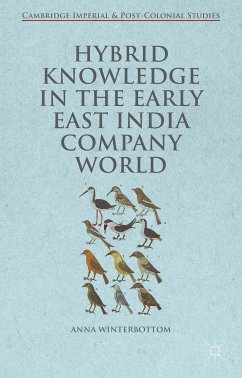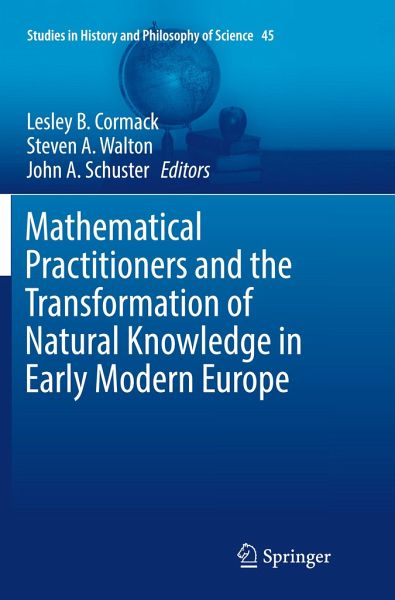
Mathematical Practitioners and the Transformation of Natural Knowledge in Early Modern Europe
Versandkostenfrei!
Versandfertig in 6-10 Tagen
83,99 €
inkl. MwSt.

PAYBACK Punkte
42 °P sammeln!
This book argues that we can only understand transformations of nature studies in the Scientific Revolution if we take seriously the interaction between practitioners (those who know by doing) and scholars (those who know by thinking). These are not in opposition, however. Theory and practice are end points on a continuum, with some participants interested only in the practical, others only in the theoretical, and most in the murky intellectual and material world in between. It is this borderland where influence, appropriation, and collaboration have the potential to lead to new methods, new s...
This book argues that we can only understand transformations of nature studies in the Scientific Revolution if we take seriously the interaction between practitioners (those who know by doing) and scholars (those who know by thinking). These are not in opposition, however. Theory and practice are end points on a continuum, with some participants interested only in the practical, others only in the theoretical, and most in the murky intellectual and material world in between. It is this borderland where influence, appropriation, and collaboration have the potential to lead to new methods, new subjects of enquiry, and new social structures of natural philosophy and science.
The case for connection between theory and practice can be most persuasively drawn in the area of mathematics, which is the focus of this book. Practical mathematics was a growing field in early modern Europe and these essays are organised into three parts which contribute to the debate about the roleofmathematical practice in the Scientific Revolution. First, they demonstrate the variability of the identity of practical mathematicians, and of the practices involved in their activities in early modern Europe. Second, readers are invited to consider what practical mathematics looked like and that although practical mathematical knowledge was transmitted and circulated in a wide variety of ways, participants were able to recognize them all as practical mathematics. Third, the authors show how differences and nuances in practical mathematics typically depended on the different contexts in which it was practiced: social, cultural, political, and economic particularities matter. Historians of science, especially those interested in the Scientific Revolution period and the history of mathematics will find this book and its ground-breaking approach of particular interest.
The case for connection between theory and practice can be most persuasively drawn in the area of mathematics, which is the focus of this book. Practical mathematics was a growing field in early modern Europe and these essays are organised into three parts which contribute to the debate about the roleofmathematical practice in the Scientific Revolution. First, they demonstrate the variability of the identity of practical mathematicians, and of the practices involved in their activities in early modern Europe. Second, readers are invited to consider what practical mathematics looked like and that although practical mathematical knowledge was transmitted and circulated in a wide variety of ways, participants were able to recognize them all as practical mathematics. Third, the authors show how differences and nuances in practical mathematics typically depended on the different contexts in which it was practiced: social, cultural, political, and economic particularities matter. Historians of science, especially those interested in the Scientific Revolution period and the history of mathematics will find this book and its ground-breaking approach of particular interest.



